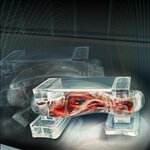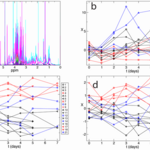
IBM takes data seriously, as seriously as they took Business Machines back in their early days.
They want to be the resource for the blanket concept of The Internet Of Things. Someone will have to do it, because the amount of information available today is overwhelming. When you can produce 250 gigabytes of data an hour, you have too much data.
Or you are onto something big.
This idea of being able to parse big data and make meaningful sense of it was one of the cornerstones of the Science 2.0 concept back when I started creating this in 2006, but it was unrealistic as an endeavor then. But…







